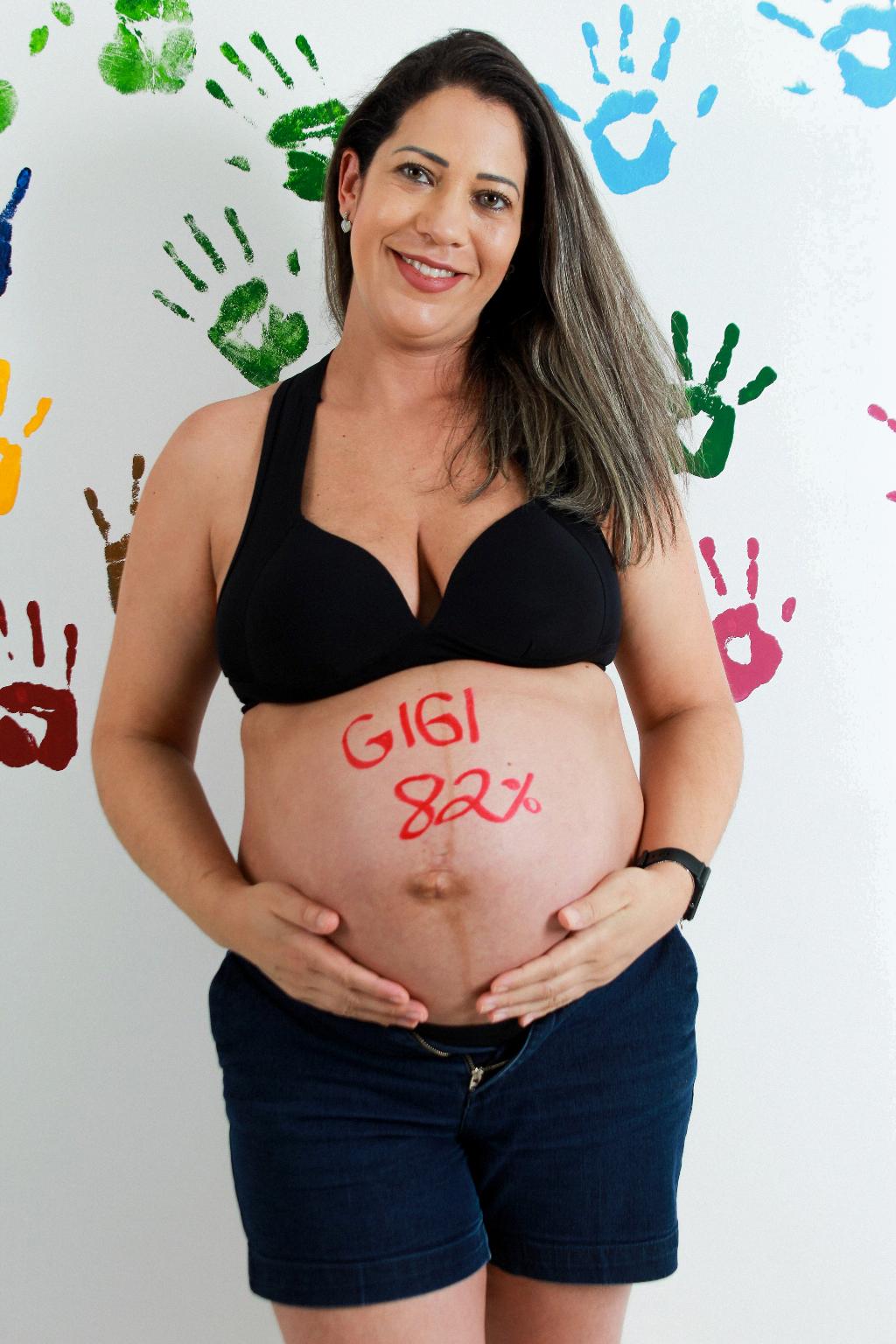Feeling concerned about the size of your belly at 32 weeks of pregnancy is natural, but there are various factors that can contribute to this perception. One common reason for a seemingly small belly size is the level of amniotic fluid surrounding your baby. If there is less amniotic fluid, your baby may have less space to move around, making your belly appear smaller than expected.
Another factor to consider is the position your baby is in. The way your baby is lying in the womb can affect the shape and size of your belly. Additionally, your own height, body shape, and the strength of your tummy muscles can also play a role in how your belly looks at any given stage of pregnancy.
The size of your belly at 32 weeks can also be influenced by the growth rate of your baby. Every baby grows at a different pace, and some may have growth spurts at specific times during pregnancy. If your healthcare provider has confirmed that your baby is developing normally and is healthy, a smaller belly size may not necessarily indicate any underlying issues.
It’s important to remember that every pregnancy is unique, and comparing your belly size to others may not be an accurate reflection of your baby’s health. Some women naturally have smaller bumps throughout their pregnancy, while others may have larger bumps.
If you are concerned about the size of your belly or the growth of your baby, it is always best to consult with your healthcare provider. They can perform measurements, such as fundal height assessments, ultrasound scans, and other tests to ensure that your baby is growing as expected and that there are no concerns regarding their development.
Staying well-nourished and hydrated during pregnancy can also support your baby’s growth and development. Eating a balanced diet rich in essential nutrients and staying hydrated can help ensure that your baby is receiving the necessary nourishment for optimal growth.
Factors such as stress levels, overall health, and genetics can also impact the size of your belly during pregnancy. Stress can affect hormone levels, which may in turn influence the growth and development of your baby. Taking steps to manage stress and prioritize self-care can have a positive impact on both you and your baby.
Genetics can also play a role in determining the size and shape of your belly during pregnancy. If you have a naturally smaller build or if other women in your family have had smaller bumps during pregnancy, it is possible that your belly size at 32 weeks is simply a result of your genetic predisposition.
While keeping a close eye on your baby’s growth and development is important, it is also essential to trust in your body’s ability to nurture and support your growing baby. Your body knows how to grow a healthy baby, and as long as you are following your healthcare provider’s recommendations and taking care of yourself, your baby is likely thriving inside you.
Remember that pregnancy is a journey filled with ups and downs, and every bump size is beautiful in its own way. Embrace the changes happening in your body and trust that your baby is growing as they should be. Surround yourself with support, stay informed, and listen to your body’s cues throughout this miraculous time.

